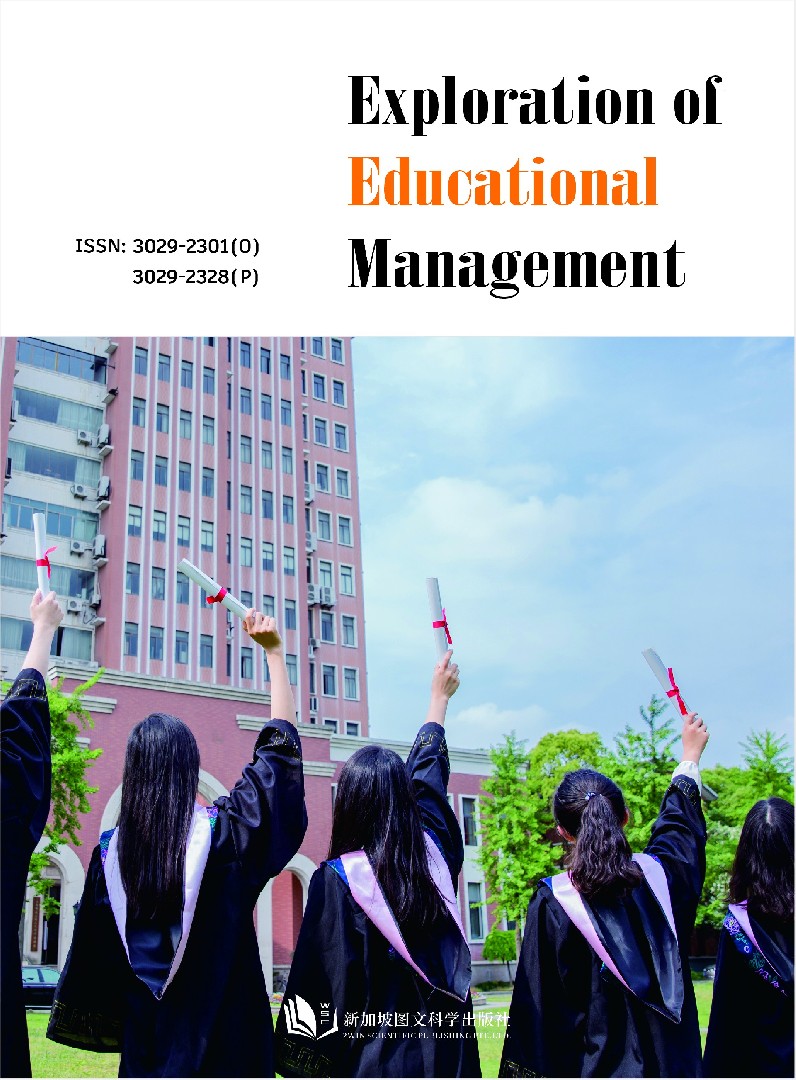作者
Zhiyu Cui
文章摘要
Against the backdrop of rapid digitalization, artificial intelligence (AI) technology is profoundly transforming the content and methods of Korean language education. This paper starts from the theoretical basis of digital education and AI technology, analyzes the current situation and pain points of the digital transformation of Korean language education and the application of AI, and points out that it still faces challenges in teaching methods, learning efficiency, and personalized support. It then proposes innovative practical paths for empowering "listening, speaking, reading, and writing" skills training, personalized learning path construction, and educational evaluation system upgrading with AI, including specific strategies such as intelligent voice interaction, automatic writing correction, and dynamic learning plan generation, aiming to achieve intelligent, efficient, and precise Korean language education and provide a feasible model and reference for the future development of language education.
文章关键词
Digital Education; Artificial Intelligence; Korean Language Education
参考文献
[1] Full Moon.Trends in Korean and Chinese Language Education Research-Analysis Centered on CNKI Literature(2014-2023)[J].Korean Language Teaching and Research,2024,(04):67-71.
[2] Wang Doudou.Research on the Implementation Path of University Korean Language Digital Textbook Development under the Background of Digital Education Strategy Actions[J].Korean Language Teaching and Research,2024,(02):73-78.
[3] Liu Chuan.Exploration and Practice of Cross-cultural Education in Korean Language News Courses under the Hybrid Teaching Mode[J].Korean Language Teaching and Research,2024,(02):104-108.
[4] Song Guogui.Integration Practice of Baijiu Culture and Korean Language Education in Higher Education[J].Chinese Wine,2024,(05):70-71.
[5] Tang Yingcong,Zhang Huimei.Research on the Construction of Korean Language Pronunciation Education Content Based on Standard Pronunciation and Actual Pronunciation[J].Korean Language Teaching and
Research,2023,(04):39-47.
Full Text:
DOI
